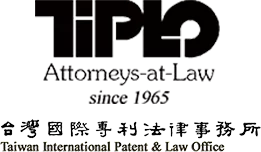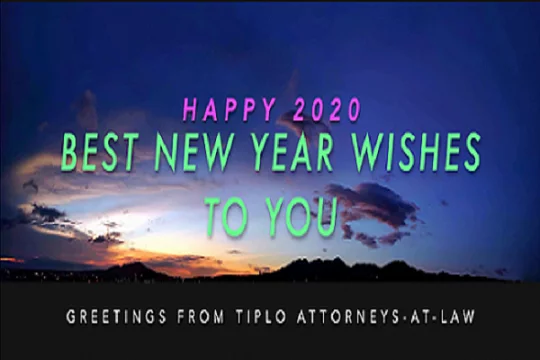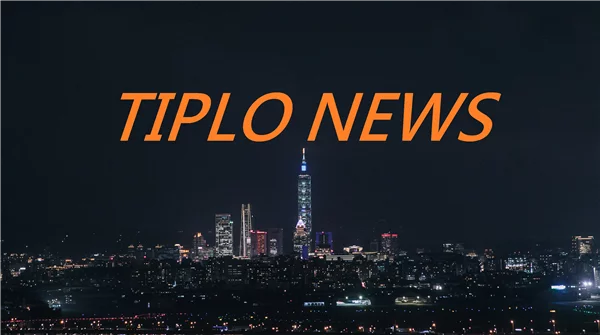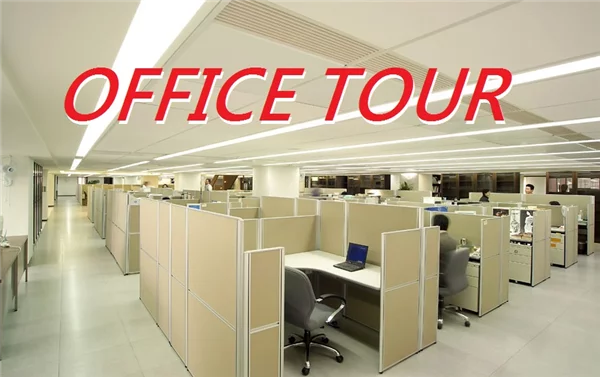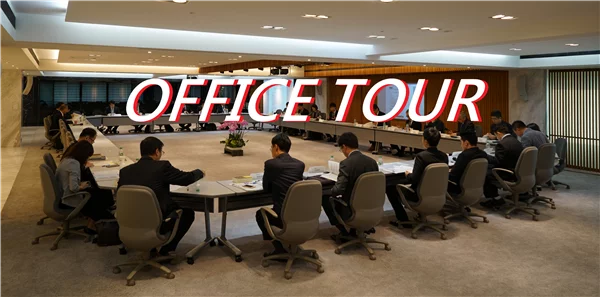Taiwan Executive Yuan passes draft amendment to partial provisions of Copyright Act
E210408Y3 May. 2021(E258)
In response to the booming development of digital technology and the Internet, Taiwan IPO has proposed a draft amendment to partial provisions of the Taiwan Copyright Act by factoring in relevant international treaties and advanced countries’ copyright enactment. The draft amendment has 9 articles added and 37 articles revised to form an overhaul of the Act for twenty years. The Executive Yuan already passed the draft amendment on April 8, 2021 and the draft amendment will be submitted to the Legislative Yuan for further deliberation.
Highlights of the draft amendment are summarized as follows.
1. Adjustment of definitions of “public broadcast” and “public transmission”
It is quite common that linear programs or broadcast programs are transmitted through the Internet due to bandwidth increase and rapid development of technology and science, which makes it difficult for consumers to distinguish types of rights pertaining to different types of technologies used. To accommodate the regulations for right integration regarding digital convergence, this amendment proposes that the same programs broadcasted through TV stations, radio stations, or the Internet (no replay allowed) are included under the category of “public broadcast”, and the network technology or the medium used for broadcasting is no longer the criterion for distinguishing “public broadcast” from “public transmission”. For example, if the programs of the Taiwanese radio station, Voice of Han Broadcasting Network, are broadcasted on the Internet platform, HiChannel, these programs will be considered “public broadcast” according to the amendment.
2. Addition of “re-transmission to the public”
The right of public re-transmission is proposed to be incorporated into the Copyright Act to enhance copyright owner protection. For instance, display of a YouTube video in a supermarket will constitute public re-transmission according to the amendment, so as to ensure the copyright owner’s rights and interests.
3. Limitations on economic rights (fair use)
For actualizing the Copyright Act’s multiple purposes of protecting authors’ rights and interests and harmonizing social and public interests, the proposed changes with respect to people’s fair use of works are summarized as follows:
3.1 In response to technology advancement, fair use exemption for distance teaching/learning are introduced in the draft amendment to accommodate and cope with the surge in need for online teaching/learning conducted through the Internet so as to amplify teaching efficacy. Under the draft amendment, teachers may use copyrighted works (other than textbooks) without prior authorization when many schools are now moving classes online, which is to realize the educational policies applicable to the digital age.
3.2 In view of the tendency toward digital reading, the draft amendment adds provisions that libraries and institutional repository should provide intranet access to readers for online perusal subject to certain conditions in the libraries’ or the repository’s premises.
3.3 To promote cultural assets collections in art museums and ultimately to facilitate cultural continuity and cultural works circulation, the draft amendment adds that museums are authorized to use copyrighted materials for providing the public with relevant indexes of archived works and help the public more easily locate and browse collections from different museums.
3.4 Currently, unauthorized use of copyrighted materials in regularly held non-profit events is subject to criminal liabilities. Under the draft amendment, such unauthorized use is decriminalized and becomes permissible by fee payment, and authorization from the right holder will not be required. For example, a troupe that stages nonprofit performances every week will have to pay relevant fees for use of copyrighted materials, and there will be no copyright infringement occurrence to arise. Moreover, in regard to people’s daily exercise routine for the purpose of mental and physical health, such as, dancing at the park, the draft amendment introduces a change that fee payment will not be required for music played from one’s own personal device for the aforesaid exercise activities, a change that satisfies people’s daily needs.
4. Inclusion of compulsory licensing for orphan works
There has been a problem that copyright licensing is sometimes impracticable because of the age of a work or any other reason that causes the economic right holder of a work unknown or uncontactable, which would ultimately make cultural continuity and circulation difficult. To solve this problem and to enhance the development of cultural industry, the draft amendment includes into the Copyright Act the existing provisions governing compulsory licensing of orphan works, which are currently set forth in the Development of the Cultural and Creative Industries Act. Also, for enhancing effectiveness, new provisions are added that applicants for licensing are allowed to use a work during review period as soon as they have paid a deposit, so that the applicants will not have to wait for the competent authority’s approval for use of the work.
5. Online advertising for sale of pirated goods deemed copyright infringement
As it stands, advertising on the Internet is a main channel for selling products, and sale of pirated goods conducted through the Internet, if any, will cause massive detrimental impact on economic right holders. To curb the circulation of pirated goods in a timely manner, the amendment makes online advertising information for sale of pirated goods an act of copyright infringement in the added provisions. To give an example, anyone who publishes online advertisement for selling USB flash drives containing pirated music files or game consoles coming with pirated game software for free will be sentenced up to two-year imprisonment and shall bear civil liabilities.
6. Inclusion of damages calculation by royalties in civil cases
For civil copyright infringement cases in which plaintiffs seek damages, the option of damages calculation on the basis of royalties obtained through licensing is available to plaintiffs under the draft amendment. This proposed change will not only alleviate plaintiffs’ burden of proof but also make plaintiffs more willing to seek civil damages, rather than criminal litigation.
7. Repeal of the statutory minimum six-month sentence
The current Copyright Act stipulates a statutory minimum six-month imprisonment against some acts of copyright infringement, which may cause imposition of disproportionate punishment in cases involving minor violations. Under the draft amendment, the statutory minimum penalty is removed for the court to consider and decide the sentence on a case-by-case basis. (Released 2021.04.08)
/CCS

